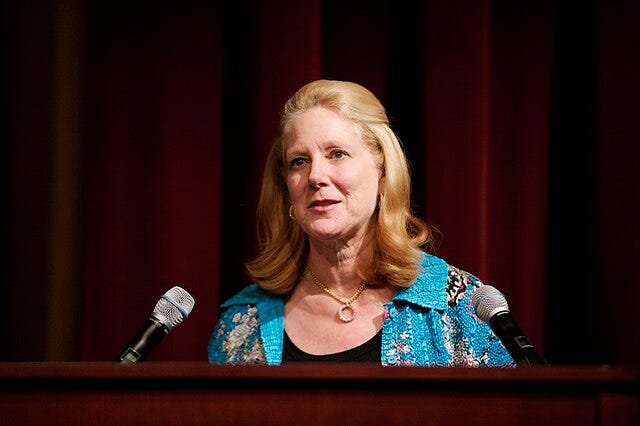Nancy Kegan Smith Takes the Helm at FLARE
Association dedicated to preserving the legacies of America’s first ladies enters its third year.

When Nancy Kegan Smith speaks of the time she spent researching and interviewing former First Lady Claudia “Lady Bird” Johnson in 1987, she never anticipated, then, how that experience would shape her future advocacy for presidential spouses.
But, it did.
And on an early January afternoon, Smith, retired director of the Presidential Materials Division at the National Archives and Records Administration, spoke to East Wing Magazine about her first lady encounter and about her latest leadership position: president of the First Ladies Association for Research and Education (FLARE).
Back in the mid-1980s, Smith, an archivist at the Lyndon Baines Johnson Presidential Library at the University of Texas in Austin was assigned to process and review papers for Lewis L. Gould, Eugene C. Barker Professor Emeritus at the Un…



